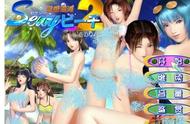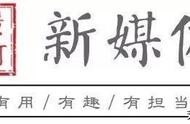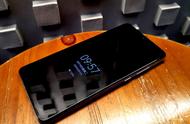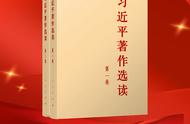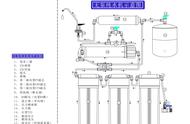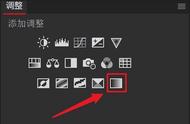人教版初二下英语,开学必备笔记——第一单元重点知识详解!
开学的第一单元内容一般都不复杂!初二下册第一单元主要谈论健康,患病与事故的相关话题;主要掌握与“生病”相关的表达!

需要电子打印版请私信“八下一单元”
1、询问某人有什么病或某人遇到什么麻烦、问题时,常用句型有:
What’s the matter (with you)?
What’s wrong (with you)?
What’s the trouble (with you)?
What’s up?
均可译为“怎么了?出什么事啦?”

私信获取电子打印文件
2、表示“患病”的方式,常使用动词 have;
have a cold = catch a cold = have the flu 感冒
have a fever 发烧
have a cough 咳嗽
have a sore throat 喉咙痛
have a sore back 背痛
have a heart problem 有心脏病
也可以用使用句型 There is something wrong with... “...有问题”
There is something wrong with my nose. 我的鼻子有点问题。

私信获取电子打印文件
3、情态动词 should 译为“应该,应当”用于所有人称,
表示“劝告、建议或者有义务、责任”,后接动词原形;
I think you should lie down and rest.
我认为你应该躺下休息。
As a student, you should finish your homework every day.
作为学生,每天你应该完成作业。
should的否定形式 shouldn’t / should not, 译为“不应该,不该”;
You shouldn’t eat so much next time. 你下次不应该吃这么多了。
should的疑问句:
What should I do if I cut myself? 如果我划伤自己了,我应该怎么做?
Should I put some medicine on it? 我应该在上面加点药吗?
Yes, you should. No, you shouldn’t.







